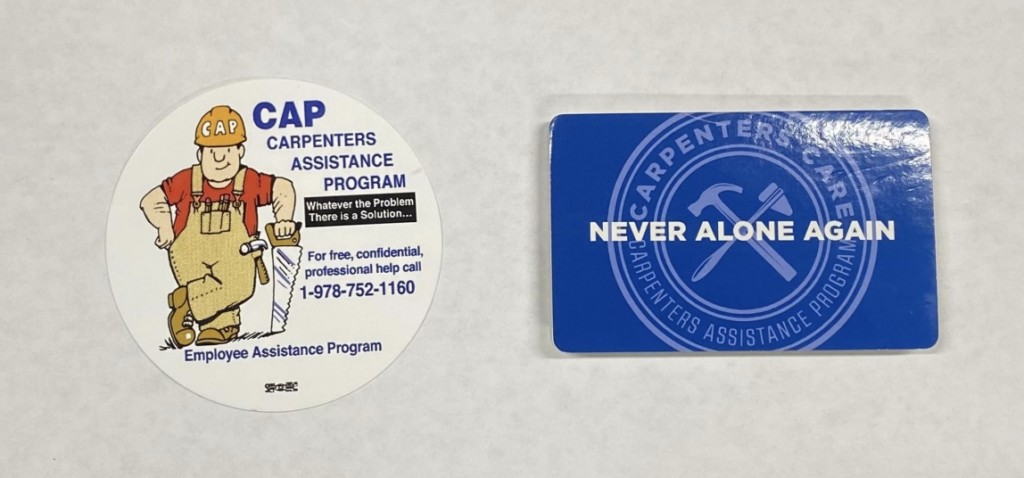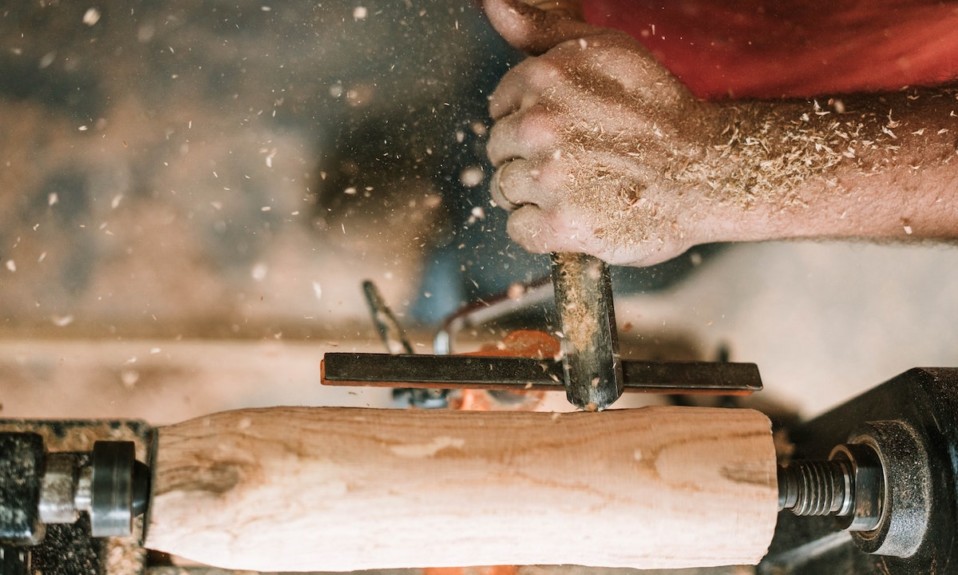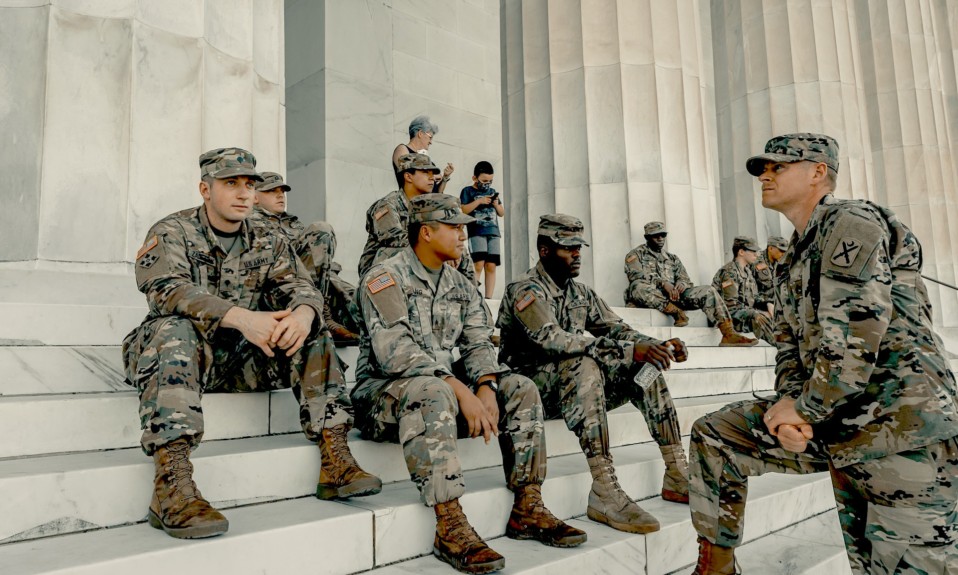Unions across the country offer recovery programs to tradespeople, who, by the nature of their work, can be more vulnerable to addiction
By Alison Jones Webb
Members of the 74 local unions and district councils in the Massachusetts Building Trades Council (MBTC) have access to recovery support round the clock, thanks to MBTU Recovery. (MBTU stands for Massachusetts Building Trades Union, which is in the process of changing its name to the Massachusetts Building Trades Council.) Any union member can contact a peer at any time, day or night, to ask for help, learn about local resources like 12-step meetings and treatment options, and find much-needed personal connection. The support is available to dependents of union members as well.
MBTC worked closely with the Philadelphia Building Trades Council to develop the program, and there are many others like it in other states, too. “There is a serious commitment to this across the country because the construction industry has one of highest rates of substance use and substance use disorder,” Frank Callahan, president of the MBTC, says. “That’s due largely to the physical nature of the industry. People get hurt and take painkillers. And, even in the union sector, if you don’t work, you don’t get paid, so members will work through the pain, to earn a living.”

MBTU is the umbrella organization for building trades unions such as Teamsters, Laborers and Carpenters in Massachusetts and represents more than 75,000 working people. Recovery programs vary across unions and geographic regions, but the core service is the same: peer support and referral to resources. Unions get the word out by having contact information on websites, banners on job sites with QR codes or phone numbers, posters, T-shirts, and stickers on job boxes and porta-potties. “Whatever trade you’re in, there’s a number to call,” Callahan says. “But you could call another trade number, too.”
Addiction in the Trades
Workers in the construction trades experience high rates of substance use disorder and fatal opioid overdoses. One study found that the overdose fatality rate for construction workers in Massachusetts was seven times higher than the average in the state in 2015-17. The reasons include higher opioid prescribing rates and doses for work-related injuries (compared to other injuries and chronic pain) to address musculoskeletal pain from demanding physical work. Construction workers also face a boom-or-bust building cycle resulting in seasonal and periodic employment and logging long hours in the boom times. Many construction workers do not have paid sick leave and so may work through the pain.
A review of peer programs in the construction trades found that most programs utilize trained union members to help other members access services for substance use or mental health disorders and to support members after they have returned to work following treatment. Suicide prevention is an important part of the programs as well. Some peers are paid by the union or benefit fund, some work directly for a union member assistance program or employee assistance program, and some are volunteers who also work full-time in their trade. Many are certified Labor Assistance Professionals, a peer support designation that includes training in mental health and substance use.
“The peer programs make a difference in raising awareness of the benefits that are available to union members. This is really important. Union members are not always aware that there are benefits for them.”
—Frank Callahan, president of the MBTC
While many peers are in recovery themselves, what defines them as a “peer” is their status as a fellow union member, someone who has “worn the tools” and can relate to the experience of being a union worker. Their responsibilities generally include sharing their own experiences and helping members find local resources such as treatment and recovery support services and navigating their union’s paid benefits (including health insurance and sick leave). All are “first responders” for mental health and substance use calls for help, and all provide the much-needed on-the-job recovery support to prevent a return to use. Many unions support trade-specific meetings based on the 12 steps of Alcoholics Anonymous or other types of mutual aid as well as substance-free events like softball tournaments and game nights.
“The peer programs make a difference in raising awareness of the benefits that are available to union members,” Callahan says. “This is really important. Union members are not always aware that there are benefits for them.” Peers who are open about their recovery also serve to reduce the heavy stigma around addiction and seeking help. Many unions also include outreach and training during the apprenticeship program to increase awareness about addiction, reduce stigma, and support recovery.
Help from the Unions
Callahan wants to send a message to union members: “We don’t kick you to the curb if you’ve got a problem. We want to keep you. You’re a valued asset, and you’re a union member, a brother and sister. We really are a family. People don’t know that, and they’re afraid to come forward for fear they’ll lose their job.”
To find out more about state building trades councils and their peer programs in your state, see the National Building Trades Union website list of councils here.
Top photo: Austin Ramsey














